Ojok Okello is pioneering a new approach to community-led development. He became disillusioned with working for international NGOs and seeing projects fail, due to the persistent exclusion of communities from decisions about their own future. He returned to his own ancestral village in Uganda and set up a social enterprise to develop it so that it is led by the people who live there. The model has led to rapid and sustainable development since 2019, with solar electricity for all, clean water, an investment club for local farmers and business owners, a community clinic and a school that takes payments in local crops as well as cash. Local shea trees, an endangered species, are protected and regenerated and used as a source of sustainable income. The project, known as Okere City, is not dependent on external donors, and is progressing well towards becoming self-sustaining.
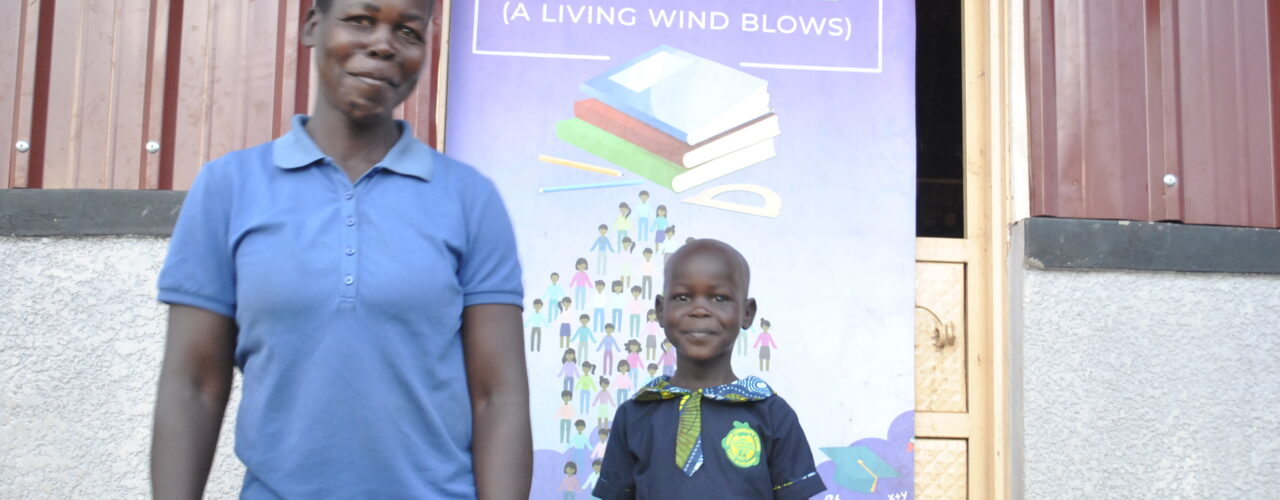
So What?
Dynamics are currently shifting in the international Aid and Development sector, in the wake of the pandemic. A ‘black lives matter’ lens is starting to be applied that asks why so little funding is given to African-led and community-led projects. (The International NGOs that receive more than 99% of global funding and create most development projects are predominantly white-led). The model pioneered by Okere City shows an alternative approach for funders and the sector to consider, that is community-led, regenerative and self-sustaining.
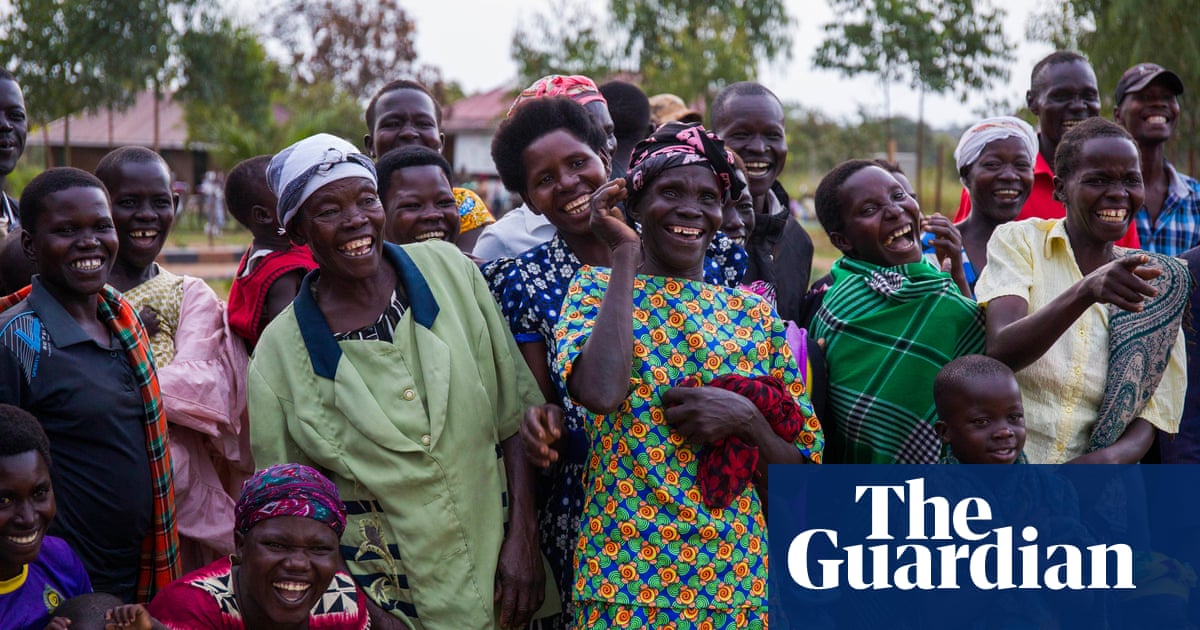

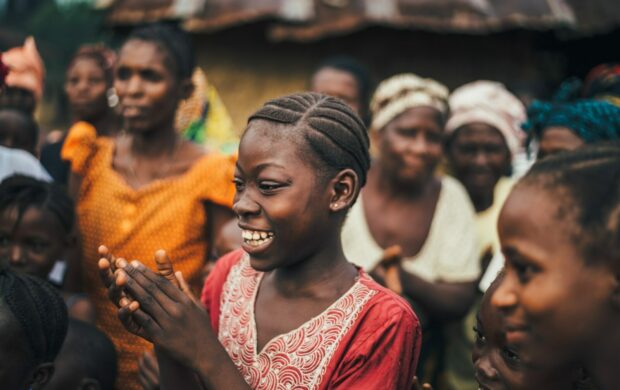

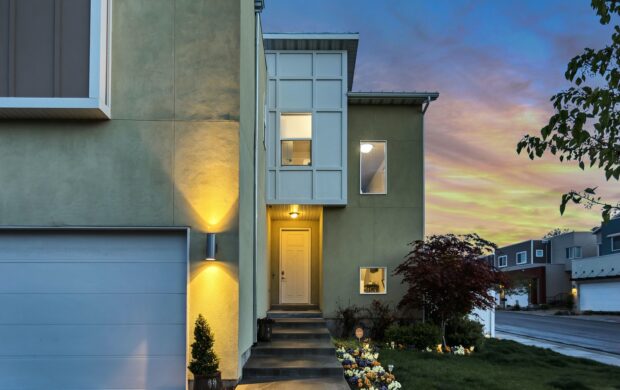
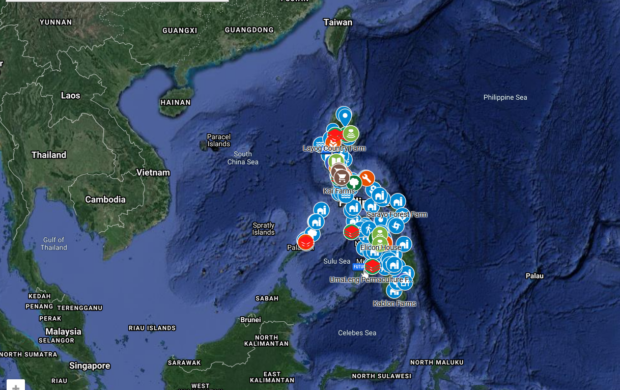
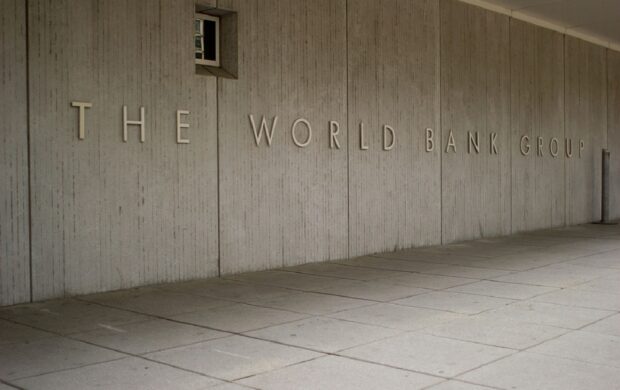
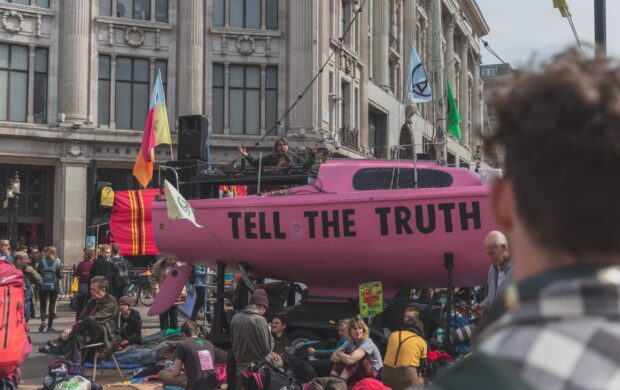
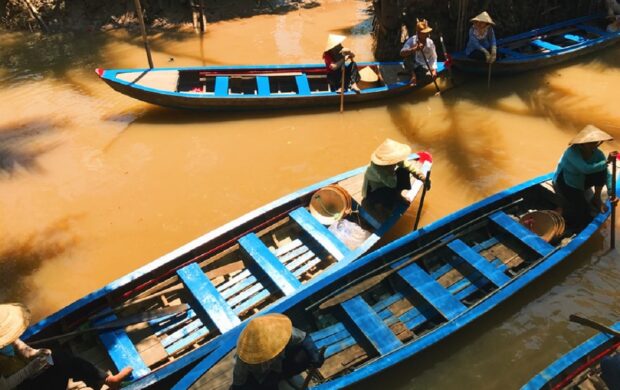
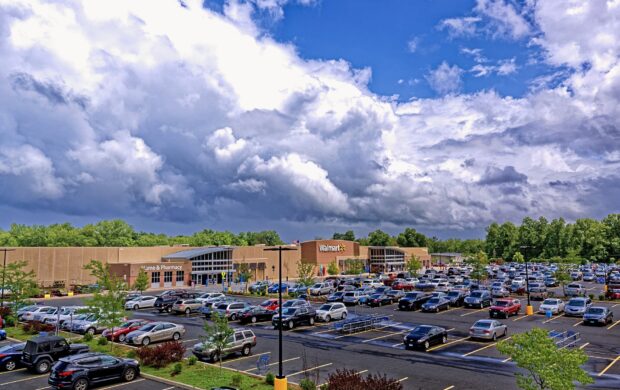
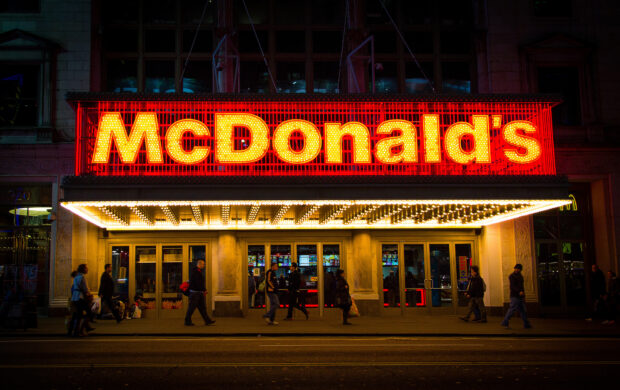
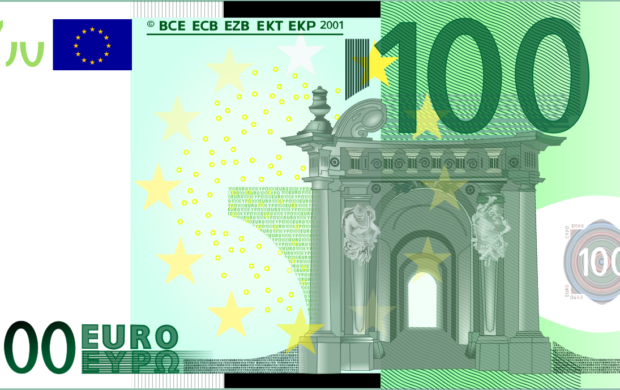
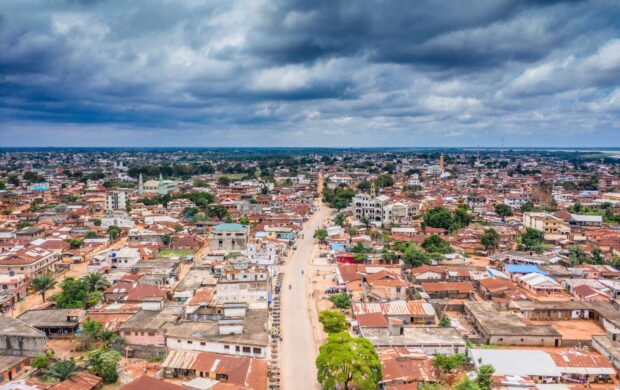
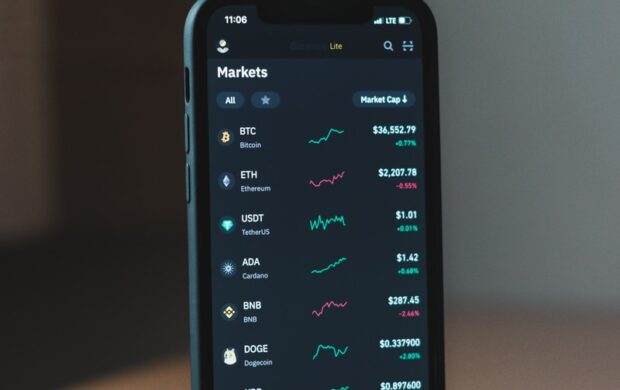
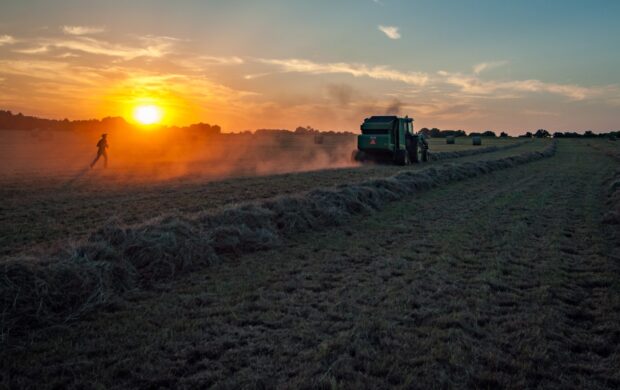
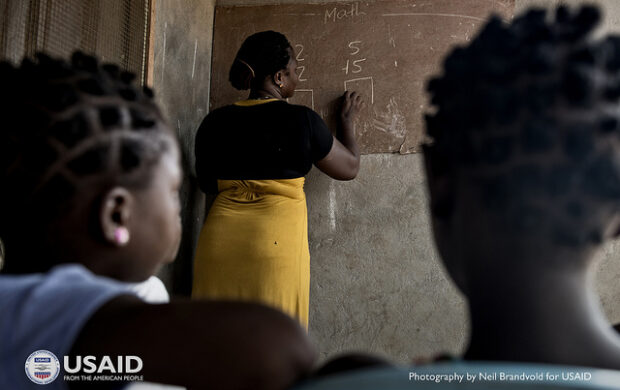
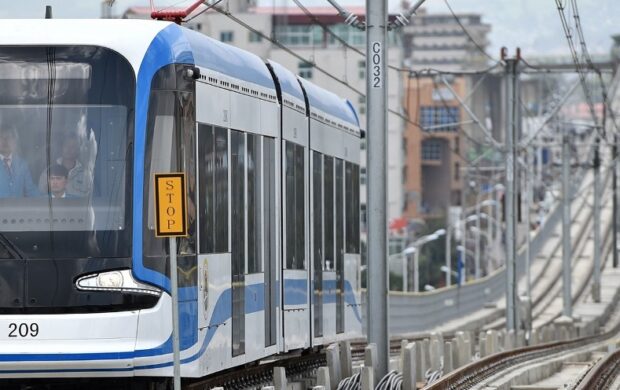
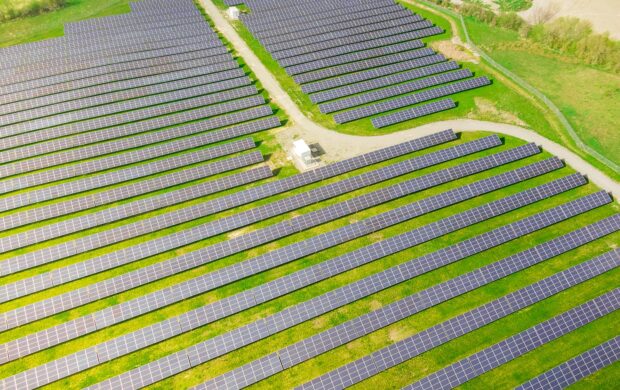
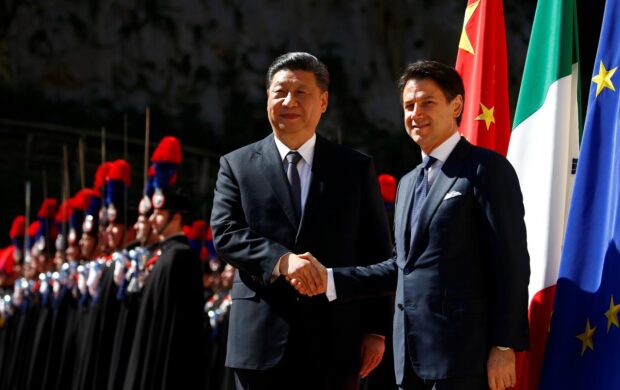


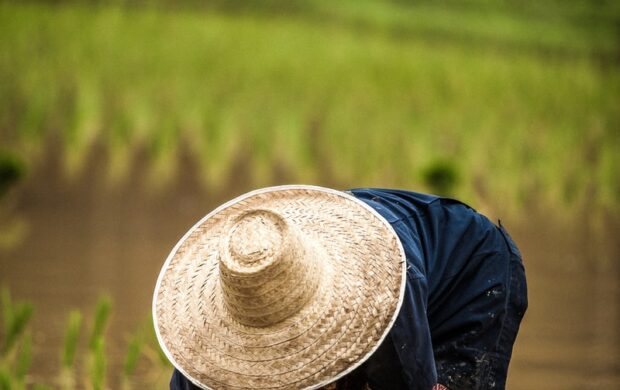

Join discussion